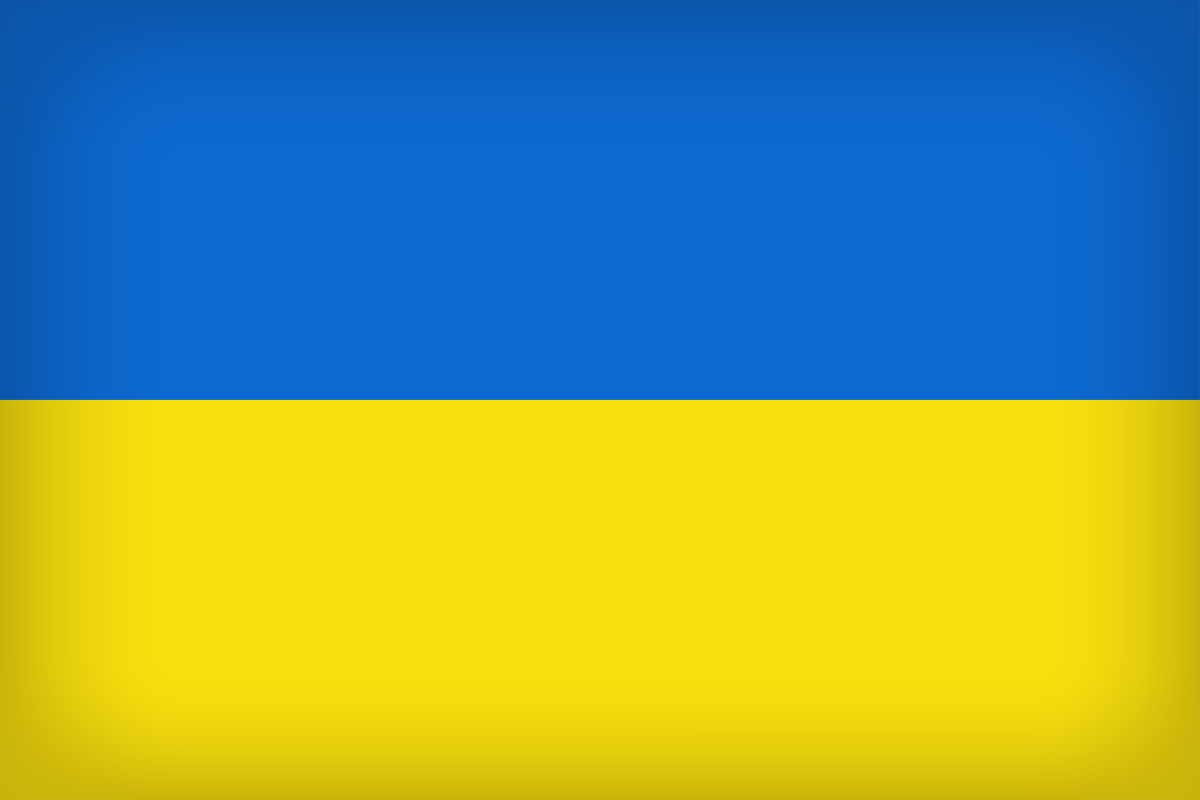Why study Sport and Exercise Science at Abertay?
Become an in-demand sport and exercise scientist at Scotland's TOP modern University for Sport Science (Times Good University Guide 2025). Join this highly practical Sport and Exercise Science degree with work placement and internship options.
There is a growing need for professionals who can work with elite athletes/teams, and those who can help prevent chronic diseases.
Learning to optimise sports performance and enhance the health of the population, you'll work in our bespoke physiology and biomechanics laboratories. This means developing skillsets such as Olympic lifting and fitness programming, as well as fitness testing in the different factors for performance and health.
Work placements and internships
This degree is very practical. Work placements and internships help you apply your scientific knowledge in real-world situations. Along the way you work with athletes, young people, older people, and those suffering from, or at risk of developing, various diseases.
You'll graduate with all the expertise you need to become a highly employable sport and exercise scientist.
Two-year foundation in Sport and Exercise
This course is flexible, and part of a portfolio of five courses covering different specialisms in sport.
For the first two years, everyone takes Sport and Exercise as a foundation. Then you specialise in years three and four. See the full details in the How the course works section.
This course is endorsed by the Chartered Association of Sport and Exercise Sciences (CASES), the professional body for sport and exercise sciences in the UK. You can read about the benefits of choosing a CASES-endorsed degree course on the CASES website.
Abertay is Scotland's TOP University for Student Satisfaction in Sports Sciences (The Times Good University Guide 2025).





















